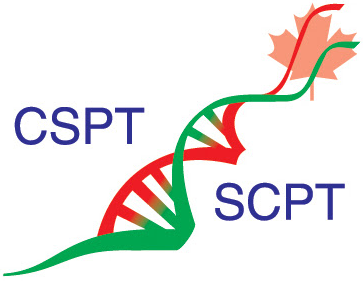Maximum Activation potential Vmax
Definition:
Vmax is the maximum rate of reaction which occurs when an enzyme is completely saturated by its substrate. Vmax depends on various factors including the concentration of the enzyme as well as the structure of the enzyme.

Relevance:
When the rate of a reaction begins to plateau, it indicates that all the available enzyme molecules are saturated by substrate molecules. Hence, the rate by which the reaction can proceed is limited by the concentration of the enzyme.
Vmax is also related to Km, which is the substrate concentration that results in a rate that is half of Vmax. This can be a useful measure to gauge how reaction rate increases/changes in terms of substrate concentration.

Teaching Tips:
https://www.khanacademy.org/science/ap-biology/cellular-energetics/environmental-impacts-on-enzyme-function/a/basics-of-enzyme-kinetics-graphs
Linked terms: Km, Rate of reaction, Substrate, Enzyme, Saturation
Resources:
Muley, A. B., Mulchandani, K. H., & Singhal, R. S. (2020). Chapter Three - Immobilization of enzymes on iron oxide magnetic nanoparticles: Synthesis, characterization, kinetics and thermodynamics. In C. V. Kumar (Ed.), Methods in Enzymology (Vol. 630, pp. 39–79). Academic Press. https://doi.org/10.1016/bs.mie.2019.10.016
Tipton, K. F. (1992). Principles of enzyme assay and kinetic studies. Enzyme assays, a practical approach. IRL, Oxford, 1-58.
Return to Glossary
